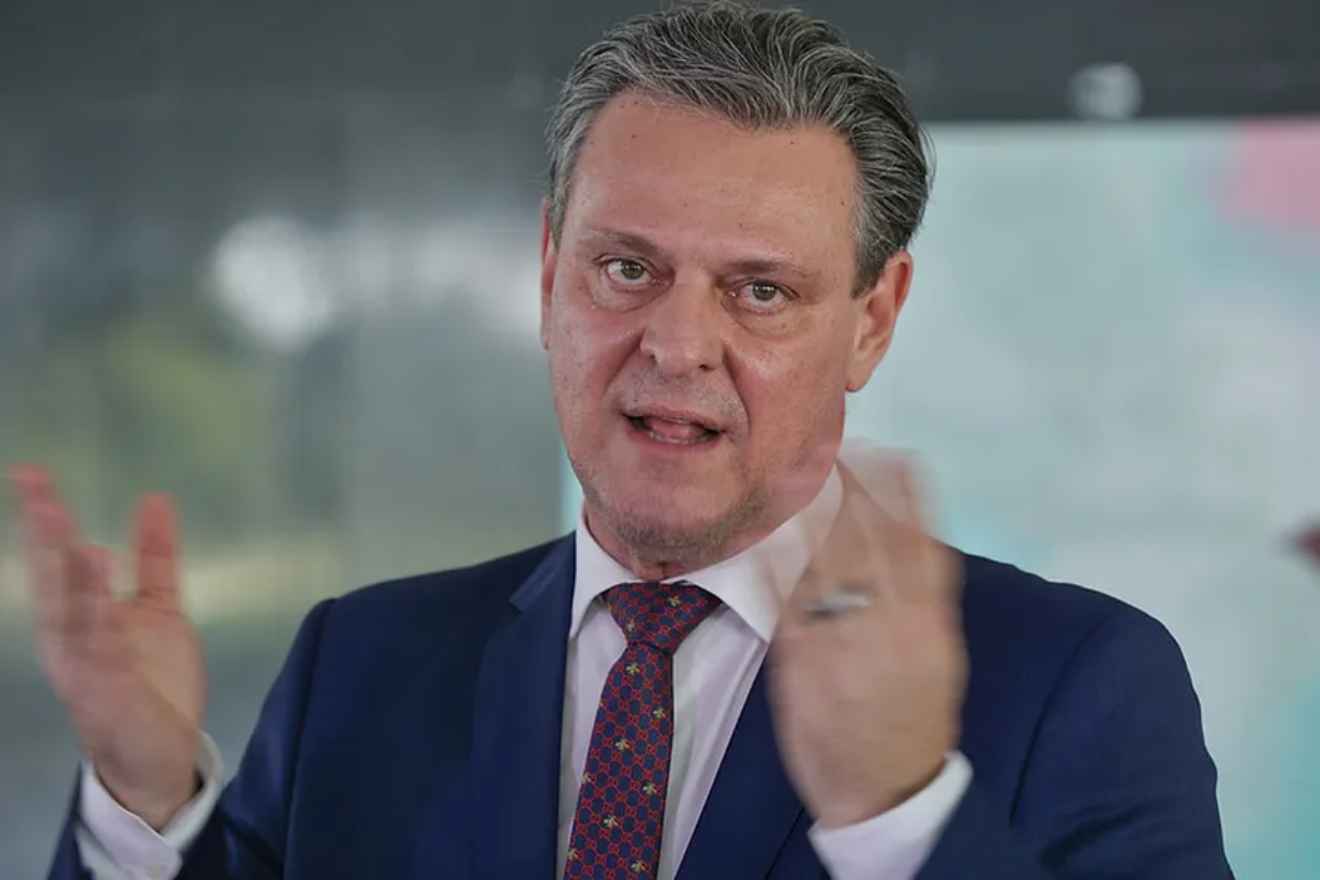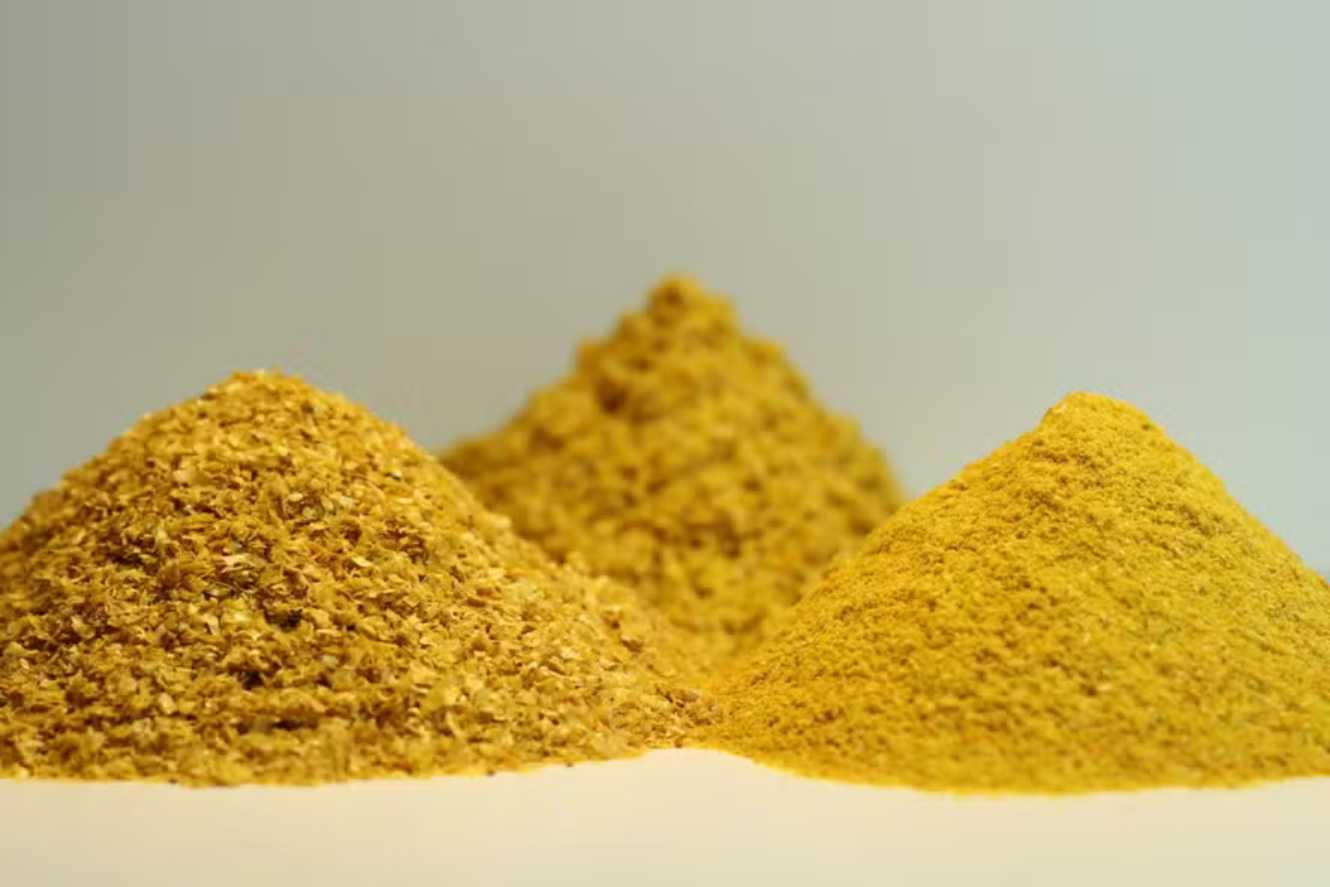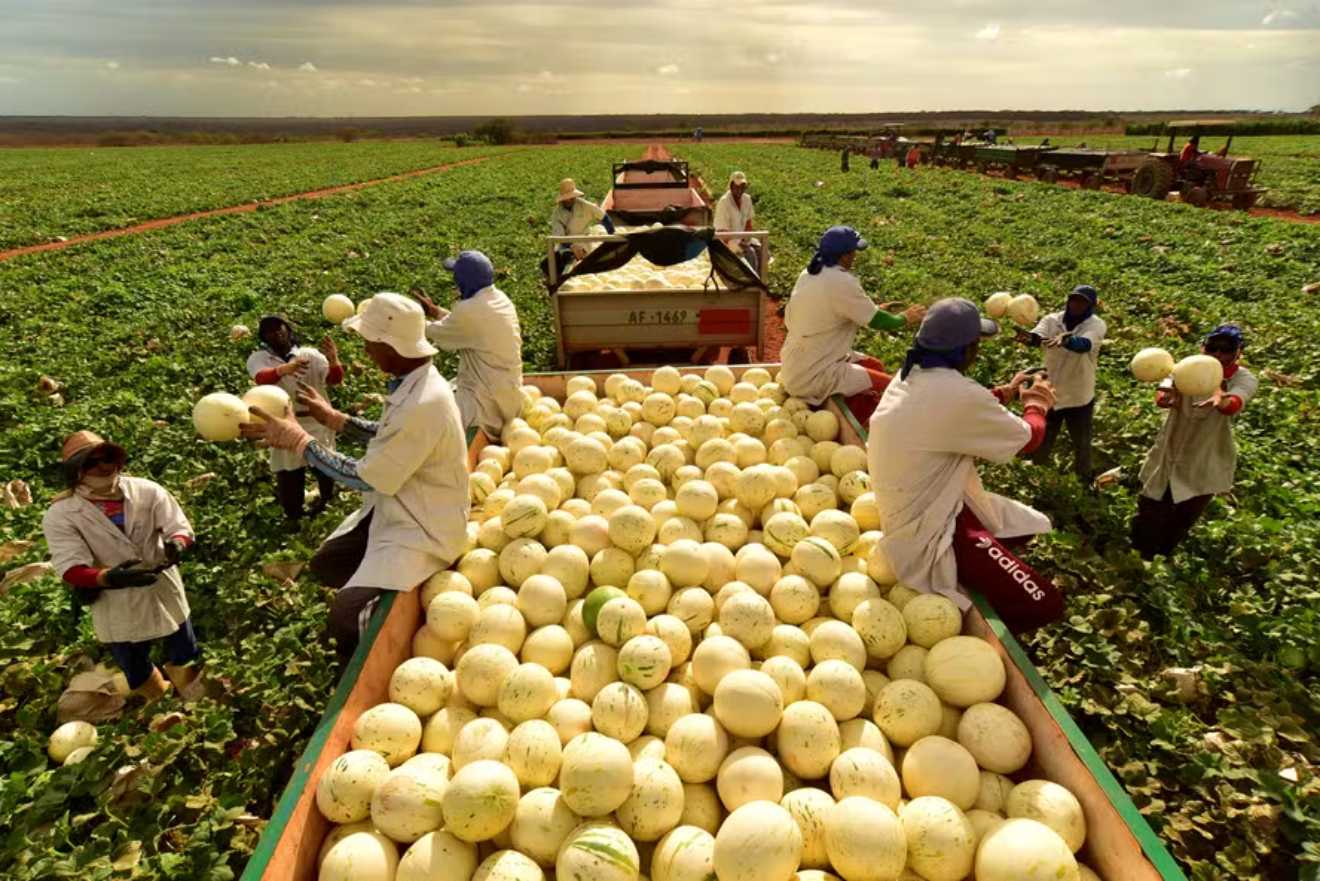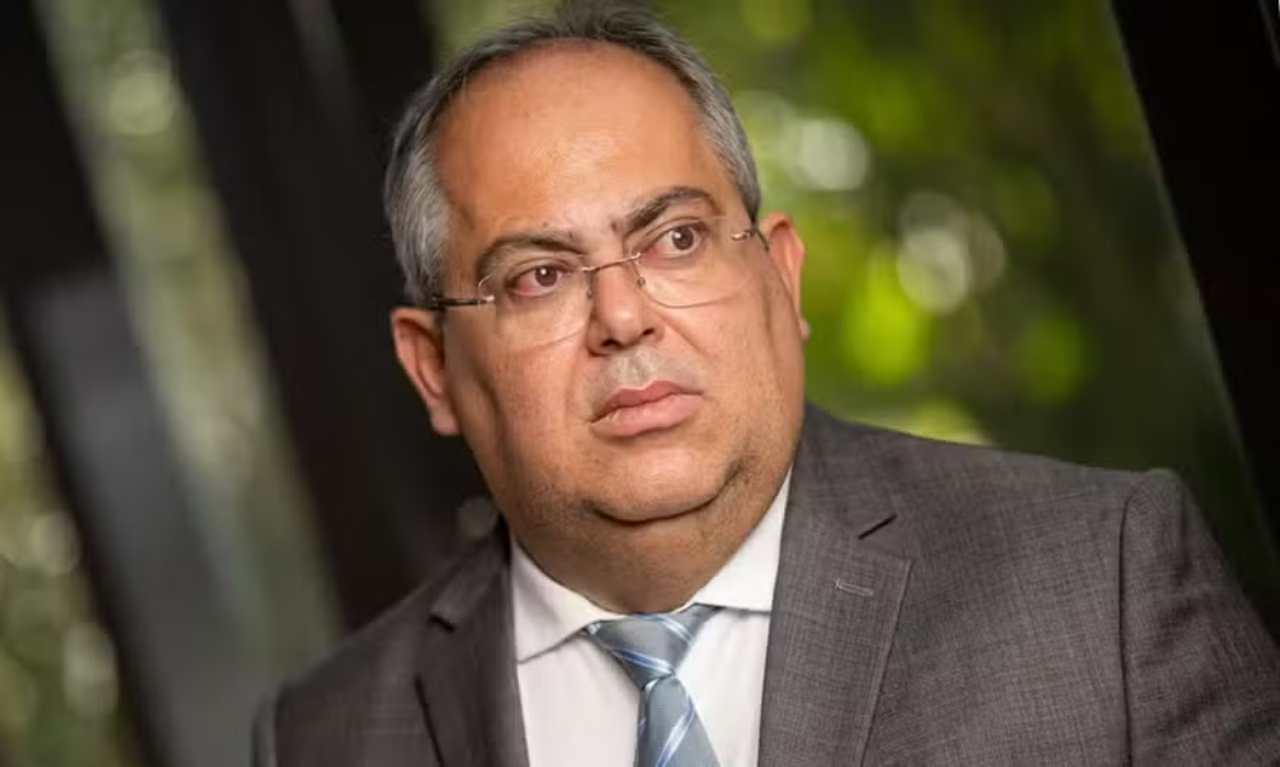Carlos Fávaro highlighted opportunities to strengthen relations with countries of the so-called ‘Global South.’
Brazilian Agriculture Minister Carlos Fávaro stated that Brazil and other South American countries aim to maintain good trade relations with the United States but do not need to be “hostages” to the more protectionist stance adopted by President-elect Donald Trump.
Speaking to journalists in Uruguay during his official agenda on Wednesday (Nov. 6), Fávaro pointed to opportunities to strengthen trade relations with “Global South” countries. He added, however, that some of Trump’s campaign statements may not materialize during his presidency.
“In elections, statements may become exaggerated, but governing is a different reality. I am confident that the United States will continue to play an important role for the world, for Latin America and South America, Asia, and the Middle East in Donald Trump’s new administration,” he said.
“He (Trump) campaigned on a more protectionist platform, and we must respect that. We want trade relations with the United States; all of South America seeks this, but we also don’t need to be hostages to this situation. Strengthening BRICS and Global South countries is essential to expand our negotiations,” he argued.
Fávaro emphasized the high population density in Global South countries and the abundance of resources.
“Strengthening diplomatic and trade relations within the Global South surpasses any protectionism others may attempt to implement,” he concluded.
Impacts on Agribusiness and Brazil-US Relations
A senior source in Brazil’s agricultural sector stated on Wednesday that Trump’s election in the United States could allow Brazil to gain a larger share of commodity exports to China, with potential increases in premiums. However, this growth may be limited, as Brazil has already captured much of the Chinese market during the initial trade conflict between Washington and Beijing.
Key concerns for the sector:
- Exchange rates: While a strong dollar benefits exporters, it increases costs for domestic producers due to more expensive inputs.
- Trump-Lula relationship: The stance Trump may adopt towards Brazilian President Luiz Inácio Lula da Silva—who supported the losing candidate Kamala Harris—could result in retaliatory measures against Brazilian agribusiness interests, such as quotas for sugar and beef exports.
- Trade barriers: Depending on the tone of relations, Brazilian products like beef, which have seen growing sales, could face new tariffs.
WTO and Multilateral Policies
Trump’s return to the White House could weaken multilateral bodies like the World Trade Organization (WTO), where Brazil has had repeated successes in challenging unfair trade practices in the global agriculture market.
- WTO: The WTO’s appellate body has been inactive for years due to the lack of U.S. appointees, a situation unlikely to change under Trump.
- European Union Deforestation Law (EUDR): Brazil plans to challenge the EU’s legislation in the WTO, but the inaction of the appellate body could hinder progress.
Climate Discussions
The agricultural sector is closely watching Trump’s stance on climate issues. During his first term, Trump withdrew the U.S. from the Paris Agreement. However, his more measured tone during his victory speech raises expectations.
One area of interest is the EU deforestation law and how the U.S. might approach such narratives in the future.
Fávaro concluded by emphasizing that, regardless of potential U.S. trade barriers, Brazil must strengthen its Global South relations to secure new growth opportunities.





